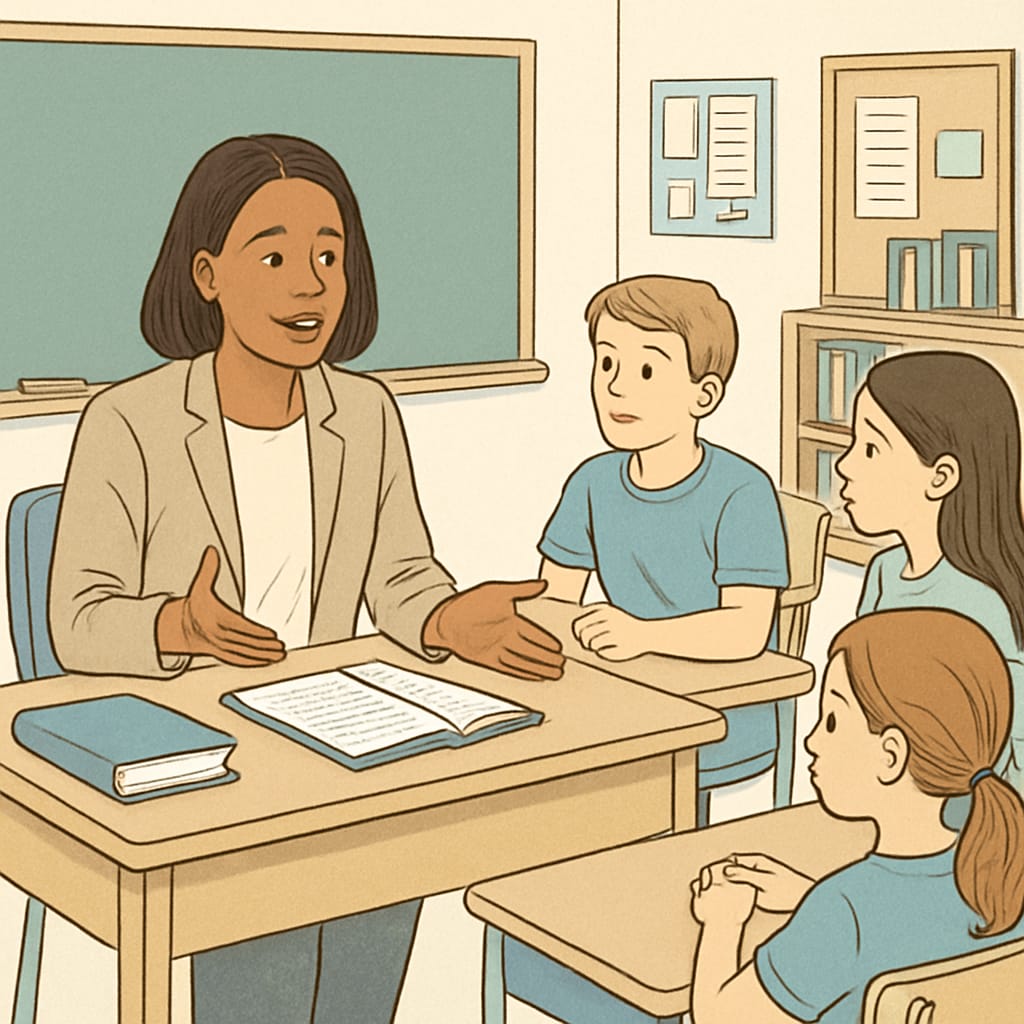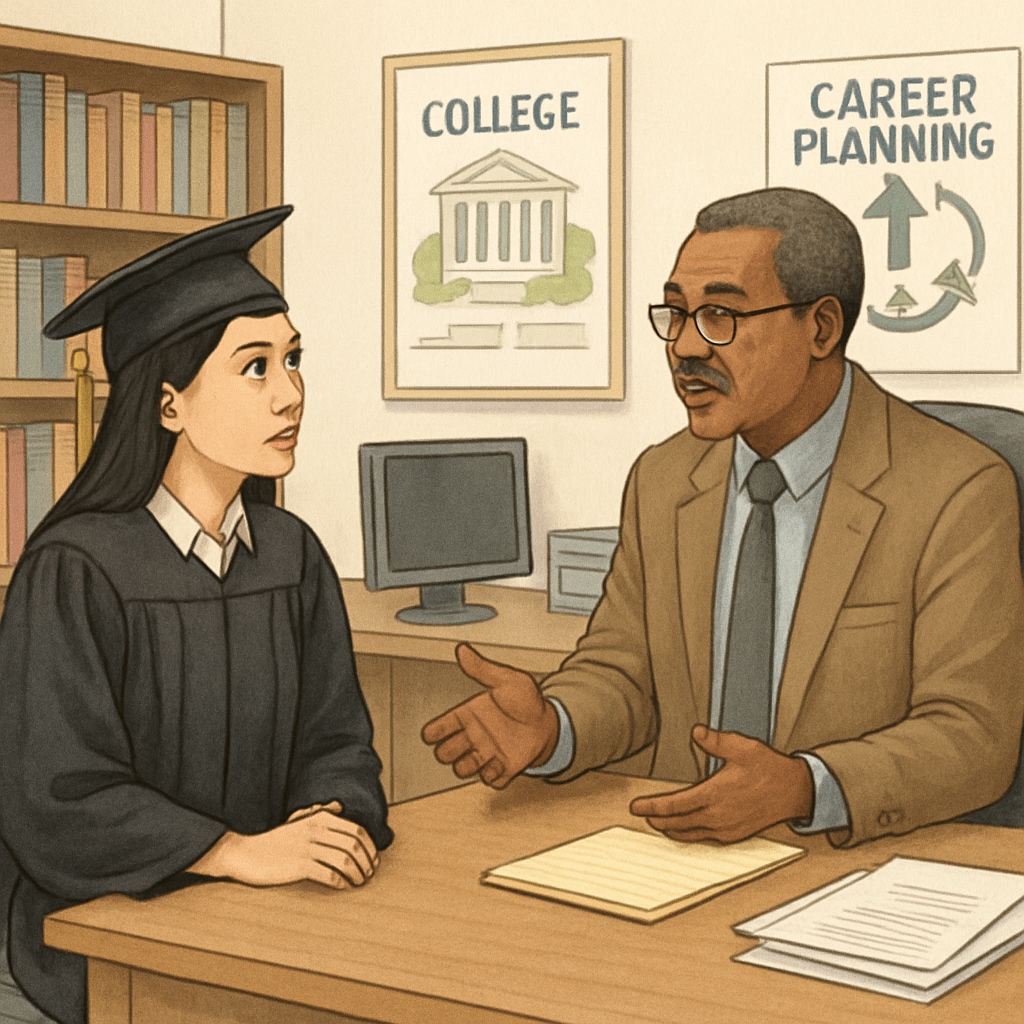Graduate students conducting research often seek interviews with school counselors to gain insights into the real-world application of psychological support in K12 education. The role of school counselors is vital, as they serve as the bridge between students, teachers, and families, ensuring that students’ academic, social, and emotional needs are met. This article explores the importance of engaging with counselors through academic interviews, highlights the challenges they face in their roles, and offers practical tips for effective communication.
The Crucial Role of School Counselors in K12 Education
School counselors play a multifaceted role within the K12 education system. They provide academic guidance, career counseling, and emotional support to students, often acting as the first line of defense in addressing mental health concerns. According to the American School Counselor Association (ASCA), their responsibilities include helping students navigate personal challenges, fostering a positive learning environment, and implementing programs that promote inclusivity and well-being.
However, counselors often operate under significant constraints, such as high student-to-counselor ratios, limited resources, and the increasing complexity of students’ needs. As a result, understanding their day-to-day challenges is not only valuable for academic research but also critical for developing effective educational policies.

How Graduate Students Can Benefit from Interviewing Counselors
For graduate students pursuing research in education psychology, interviewing school counselors provides invaluable real-world insights. These interviews enable researchers to:
- Understand the practical challenges counselors face in implementing psychological support programs.
- Analyze how theoretical concepts are applied in real educational settings.
- Identify gaps in current support systems and recommend improvements.
For example, a graduate student studying the impact of socio-emotional learning (SEL) programs may gain a deeper understanding of their effectiveness by speaking directly with counselors who oversee these initiatives. Additionally, these interviews can help bridge the gap between academic theory and practical application, enriching the student’s research.
Practical Tips for Conducting Effective Interviews
To ensure a productive interview with a school counselor, graduate students should consider the following steps:
- Prepare Thoroughly: Research the school’s demographic and the counselor’s role beforehand. This preparation allows you to ask focused and relevant questions.
- Respect Their Time: Counselors often have packed schedules. Reach out well in advance and clearly outline the purpose and estimated duration of the interview.
- Use Open-Ended Questions: Encourage detailed responses by asking questions like, “What challenges do you face in addressing students’ emotional needs?” instead of yes/no queries.
- Be Ethical: Ensure confidentiality and obtain the counselor’s consent to record the interview if necessary.
Following these steps not only facilitates better communication but also shows respect for the counselor’s expertise and time.

Challenges and Opportunities for School Counselors
While school counselors are indispensable to the education system, they face numerous challenges, including:
- High Workloads: Many counselors are responsible for hundreds of students, making it difficult to provide individualized attention.
- Limited Resources: Budget constraints can hinder the implementation of comprehensive support programs.
- Emotional Burnout: Supporting students with complex needs often takes a toll on counselors’ mental well-being.
Despite these hurdles, there are significant opportunities to enhance their impact. Schools can support counselors by investing in training, reducing student-to-counselor ratios, and integrating technology to streamline administrative tasks.
Conclusion
Interviewing school counselors offers graduate students an excellent opportunity to deepen their understanding of the K12 education system and the role of psychological support. By fostering open communication and addressing the challenges counselors face, researchers and policymakers can work together to create a more supportive environment for both students and educators. As a result, these academic collaborations can contribute to meaningful improvements in education and mental health support.
Readability guidance: This article uses concise paragraphs, clear subheadings, and practical lists to enhance readability. It incorporates transition words to maintain a smooth flow and ensures key points are supported by authoritative references.


